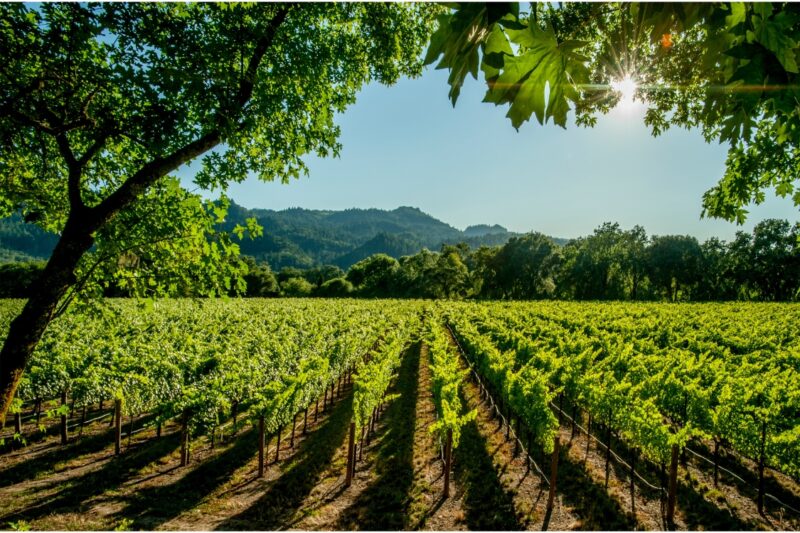Organically grown grapes produce organic wine. To cultivate such grapes,...
Read MoreIndulge in Eco-Friendly Wines from Organic Wineries
"Sip Wine Mindfully"
Reviews on Wine Accessories
Browse our reviews on different wine accessories and equipment.
Over recent years organic wine has increased in popularity as people become more conscious of their health and also the environment. The grapes grown to produce organic wines have had no fertilizers, herbicides or pesticides used on them, unlike conventional wines. Biodiversity is created by farming this way, with sustainability to vineyards and maintaining soil health. By contributing to the more environmentally friendly approach, the ecological footprint by the organic wine makers is kept to a minimum.
What do they use instead of pesticides?
The organic winemakers are committed to maintaining the integrity of the grapes and the ecosystem that surrounds the vineyard. Alternative methods are sought for pest control, some of which include the introduction of natural predators or by attracting beneficial insects by using cover crops. This approach protects the vineyard from pests and keeps a balanced ecosystem within the vineyard.
Is organic wine better for you?

Not only is organic wine great for the environment it has also become increasingly popular with those leaning toward a healthier lifestyle. The final product produced from these environmentally steered vineyards is absent from residue from synthetic chemicals. This has great appeal to many who are conscious of the potential health risks that are associated with the residues from pesticides used. To make organic wine even more appealing, studies suggest that these wines may have higher levels of antioxidants implying that organic wines do provide additional health benefits.

How do you know if wine is organic?
Each wine region has its certification process but in general, they involve very strict organic farming practices that they must adhere to. Criteria must be met to show the commitment of the winemaker to the responsible production of organic wine and to the sustainability of agriculture. Once certified their vineyard gives assurance to consumers but still many smaller vineyards to the organic principles, without formal certification. They keep very open about their practices and keep a direct relationship with consumers to convey the authenticity of the wine they produce.
Organic winemaking is not without challenges, despite the positive aspects. There is an ongoing, increased risk of disease and pests due to no synthetic pesticides and fertilizers used. To ensure success with each crop, careful management is required. If a winery is transitioning from conventional practices of farming to the practices of organic farming then time is required as it can take several years to be up and running and certified as an organic producer. This can also be very costly but as the demand for organic products increases yearly, the long-term benefits will pay off, not only for the Vineyard but also for the environment with the continued use of the organic wine practices.

